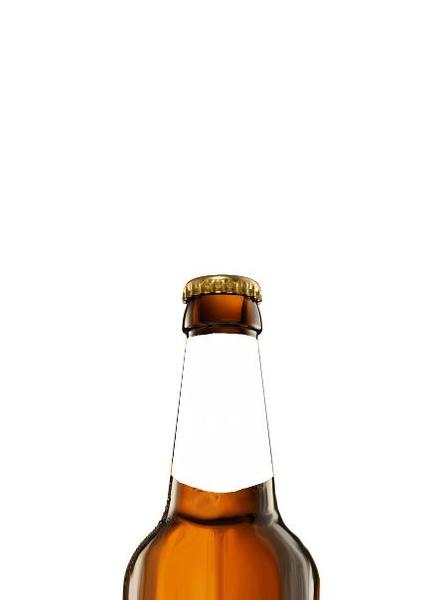The Alcohol and Drug Center began a new campaign on campus with the slogan “freedom to choose responsibly” coupled with the catchy graphic sporting the acronym “F2CR”. While this is certainly an admirable cause, it has unfortunately brought some negative perceptions along with it. Alcohol seems to be an issue at the center of many controversies. Since the drinking age was shifted to 21 in the 1980s due to an ardent campaign by Mothers Against Drunk Driving, there have been strong proponents for lowering the drinking age, promoting alcohol education, and conditioning young people to the idea that alcohol is not a necessary component to having a good time.
Posters have been put on display throughout the Campus Commons and on the billboards located inside most buildings. The two most prevalent state “1 in 4 students prefer not to have alcohol at parties” and “Most TCU students choose not to drink and drive.” The first provides a good rational appeal to students that if they choose not to drink they are indeed not alone. The latter, however, sends a dangerous statement. Underneath the main statement is an asterisk showing that, according to a recent survey, 70 percent of students choose not to drink and drive. While many may see this as a positive, it in fact sends a dangerous message. If only 70 percent are refusing to get behind the wheel while intoxicated, this means that nearly a third of the student body is willfully carousing about in their vehicles while drunk.
By promoting such an idea, it seems to indicate that being in the minority is acceptable. However, the minority in this circumstance is a group of people endangering the lives of others. Stating that there is in fact a large percentage of drunk drivers on campus does little to combat the problem. When 30 percent of the student body is drunk driving, this is by no means a success and should not be indicated as such. The Alcohol and Drug Center should take this statistic as a startling discovery and perhaps divert the funds used in printing up these signs toward a more useful response. This could be anything from more education on the perils of drunk driving, to blanket admonishment to those who do participate in this activity. But perhaps the most effective method would be to alert students of the options they have when confronted with a situation of being intoxicated and lacking a ride home.
Many schools offer a “safe ride” program in which a shuttle or taxi service is available for students to call so that they don’t feel the need to drive home drunk.
Now, such a program may not be financially feasible, but there are still other alternatives. Notification of taxi services in the area, or even a system of students who are willing to fulfill a similar role would be equally, if not more effective. The efforts of the F2CR program are certainly admirable, but acknowledging the problem and providing steps to prevent and/or solve it would result in a more successful campaign. This is certainly not an effort to condone overdrinking by anyone, but should such a situation occur, having the number of a taxi in one’s cell phone may just save a life.
Matt Boaz is a senior political science major from Edmond, Okla.

